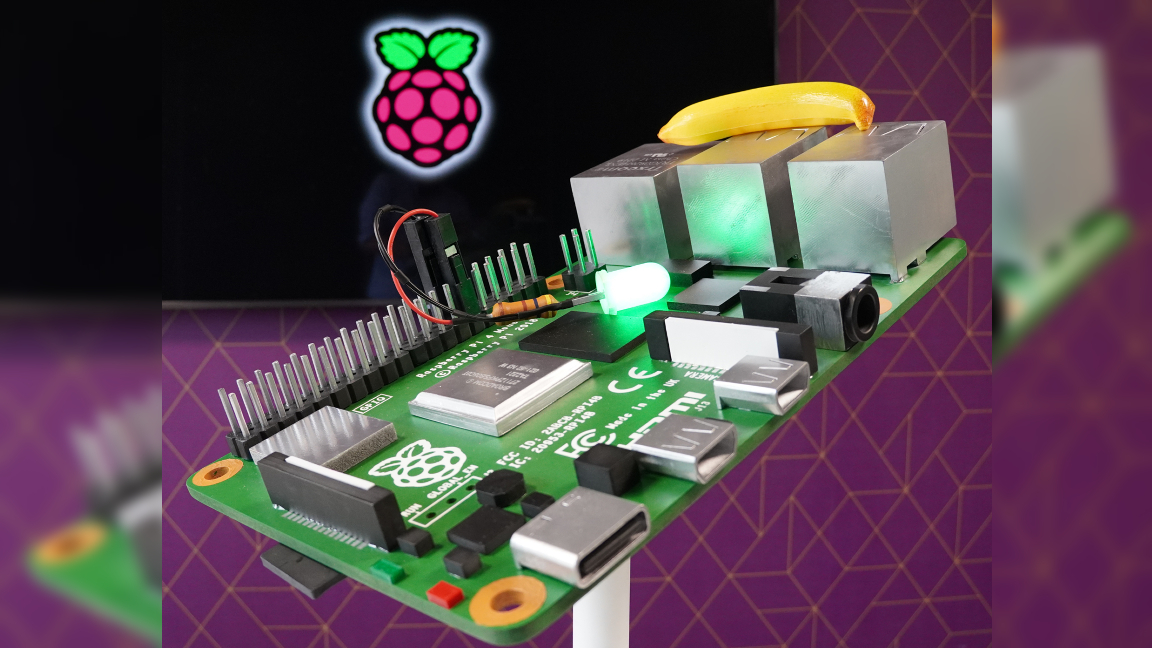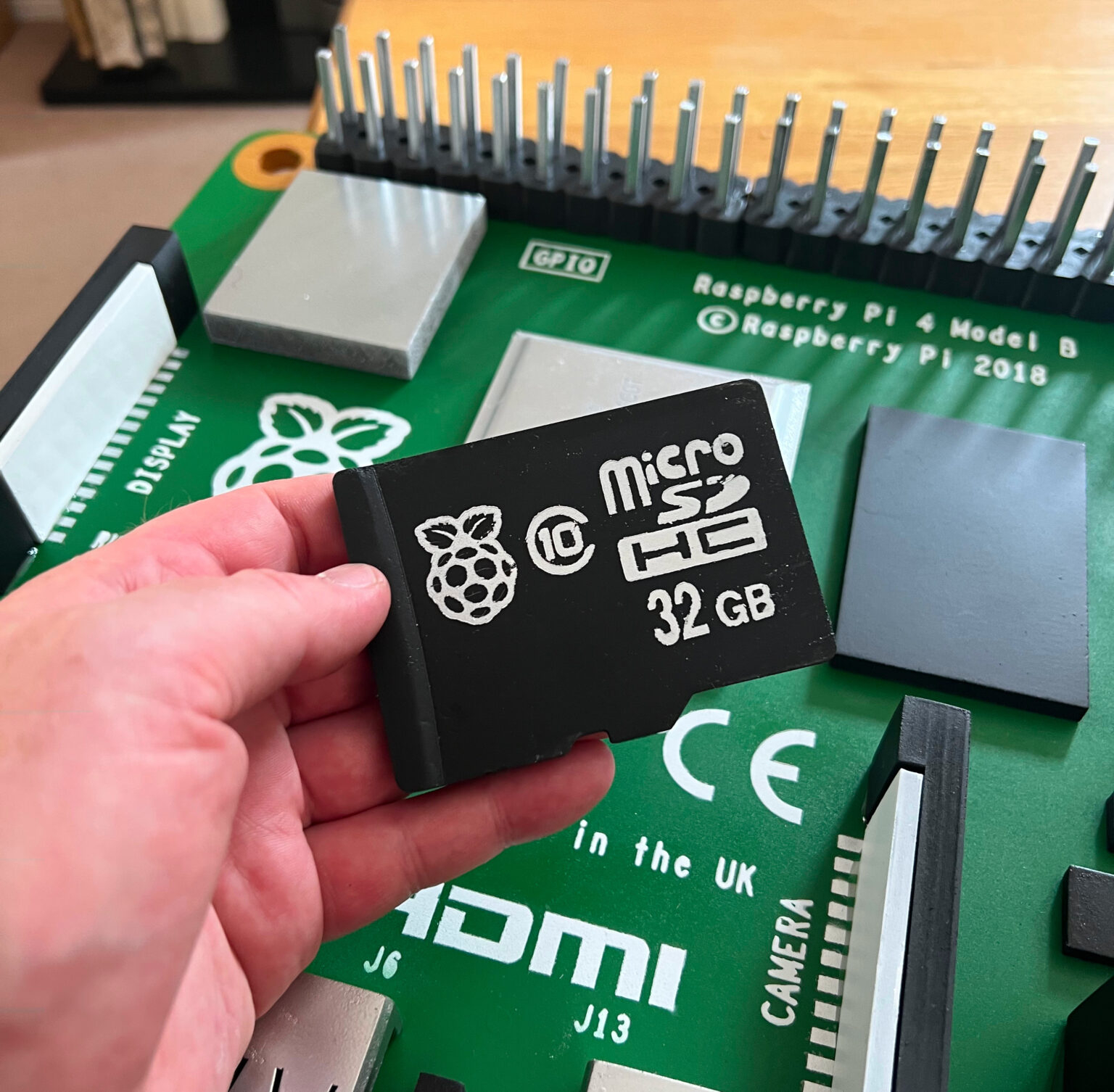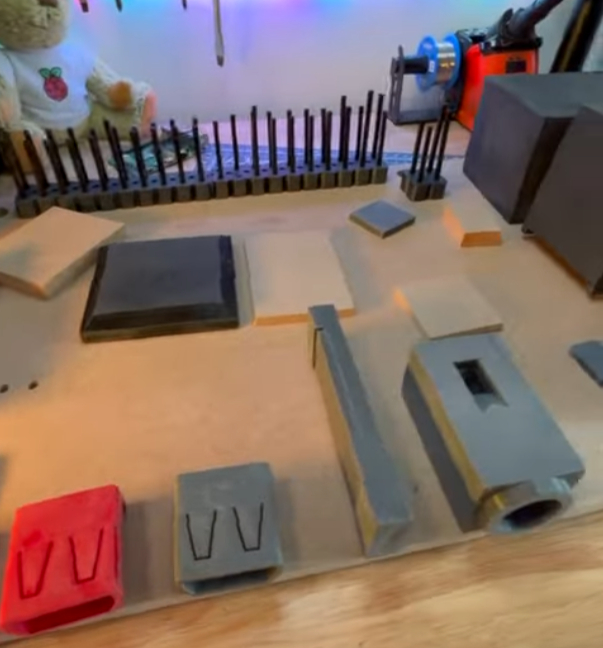
Makers in the Raspberry Pi community have been known to have some big ideas but this is arguably one of the biggest projects we’ve seen involving the Pi 4. Toby Roberts has created what is possibly the physically biggest Raspberry Pi 4 and detailed the creation process in a post recently shared to the official Raspberry Pi blog. This large-scale Pi is intended to go on display soon and even features a flashing LED—the first project most makers tackle with the classic SBC.
According to Roberts, the giant Pi was created for Grand Discoveries, an event hosted at the Grand Arcade in Cambridge this upcoming July 23rd. The same shopping mall as where the flagship Raspberry Pi store is located. The idea was to create a giant Pi that could go on display during the event. Roberts confirms that this particular model is six times the size of a regular Raspberry Pi 4. While it might not be the biggest Pi ever created, it’s possibly the biggest Pi 4B.


The giant Pi is made from a few different methods including laser cutting, etching and one of our favorites—3D-printing. Components were created digitally using a CAD application so they could be easily 3D-printed. All of the SMC pieces were attached to a 9mm chunk of MDF serving as the PCB.
Roberts may have gone overboard with the details but we’re not complaining. Accuracy is everything with a large-scale model and we appreciate the effort. All of the logos and lettering are present throughout the entire board. He even made sure to put details on the giant microSD card even though you can’t see it while it’s inserted.
The icing on the cake however (or should we say pie) is the LED. Since most makers start out blinking an LED to learn how to use the GPIO, Roberts has decided to pay homage to this starter project by 3D-printing a giant LED. It glows with the help of 12 NeoPixels and is accompanied by a giant fake 470 ohm resistor. The flash is driven by a hidden Raspberry Pi Pico microcontroller with a simple MicroPython script.
If you want to read more about Raspberry Pi project, check out the original post shared to the Raspberry Pi blog and watch the build video over at YouTube to get a behind the scenes look at it’s construction process.







